The following funding opportunities have been announced. Please follow the links for more information:
Arts and Humanities Research Council, GB
The AHRC, with the Indian Council for Historical Research and the British Library invites expressions of interest for researchers to attend a workshop on ‘Cultural Heritage and Rapid Urbanisation in India’. The event will bring together academic experts from both countries to address an issue of growing importance as India seeks to preserve and position its rich cultural history within the context of an emerging urban landscape. It will draw on a range of disciplinary perspectives including urban history, heritage, languages, the digital humanities and archaeology. The workshops are open to UK-based researchers meeting the AHRC’s standard eligibility requirements from all disciplines within the arts and humanities. Applicants should have a particular research interest in the topics noted above and be able to articulate this in their expression of interest. Closing date: 30/01/2015 at 4pm.
British Institute of Persian Studies, GB
Applications are invited for research grants to support primary research in all fields of Iranian and wider Perisianate world studies in any relevant subject, including anthropology, archaeology, the visual arts and architecture, history, linguistics, literature, philosophy, religion, political science and cognate subjects, as well as for the organisation of conferences, lecture and workshops. Grants are worth between £200 and £8,000 each. Closing date: 16/02/2015.
Engineering and Physical Sciences Research Council, GB
EPSRC invites proposals for investigator-led projects under its manufacturing the future theme. Proposals should address key research challenges facing manufacturing in the UK, both currently and in the future. Investigator-led projects should address the following research priorities: innovative production processes; manufacturing informatics; sustainable industrial systems; frontier manufacturing. There is no maximum award amount, but the total award budget is £5,000,000. Closing date: There is no official closing date but batching dates have been identified, the next one being 27/02/2015.
Engineering and Physical Sciences Research Council, GB
EPSRC together with Natural Environment Research Council invites technical assessments and applications for its ARCHER leadership project. Applicants may apply for a minimum of 100,000 kAU for maximum of two years. The resource is for pre-competitive research only and the research area must lie within the remit of either the EPSRC or NERC. This call is for compute resource only, including core Computational Science and Engineering support as provided by the ARCHER Service to all users. However, no additional support for staff or consumables can be applied for. Thus applicants must demonstrate substantial high performance computing expertise within their team in order to be considered for funding. Individuals eligible to hold a full EPSRC or NERC grant, and persons of similar standing in industry or the third sector, may apply. Closing date: Technical assessments due by 4pm, 11/02/2015. Full applications due by 4pm, 23/02/2015.
Fisheries Society of the British Isles, GB
The FSBI invites applications for its PhD studentships. Applicants must have the agreement of a supervisor based at a university or research institute in the UK or Republic of Ireland. Studentships are based on the NERC stipend rate plus a £1,000 supplement, and include a contribution of £1,500 per year towards consumables.Closing date: 13/01/2015.
Innovate UK, GB
Better interactions between people and machines-feasibility study aims to encourage innovation in improving the interaction between people and computer devices and systems. Proposals may address innovations in underlying technologies, in combining emerging technologies, or in employing tools to improve the user experience. Projects must be collaborative and business-led. The competition is open only to micro, small and medium-sized enterprises, with the option to collaborate with one additional SME or research organisation or academic partner. Projects should last between three and 12 months and have total project costs of up to £50,000 with small businesses receiving up to 70% of their eligible project costs and medium-sized businesses up to 60%. Closing date: 25/03/2015.
Smithsonian Institution, US
The Smithsonian Institution’s Tropical Research Institute invites applications for the three-year Tupper postdoctoral fellowship. This supports research conducted under a designated advisor in one of the Smithsonian Tropical Research Institute’s facilities. Applicants may be of any nationality and from anywhere in the world. Applicants in the disciplines of ecology, anthropology, palaeontology, evolutionary biology, molecular phylogenetics, biogeography, animal behaviour, neurobiology, soils sciences, and physiology of tropical plants and animals are strongly encouraged. One fellowship, which includes an annual stipend of US$48,000 plus travel and research allotments, is awarded for a three-year period. Closing date: 15/01/2015.
Please note that some funding bodies specify a time for submission as well as a date. Please confirm this with your RKEO Funding Development Officer
You can set up your own personalised alerts on Research Professional. If you need help setting these up, just ask your School’s/Faculty’s Funding Development Officer in RKEO or view the recent blog post here.
If thinking of applying, why not add notification of your interest on Research Professional’s record of the bid so that BU colleagues can see your intention to bid and contact you to collaborate.




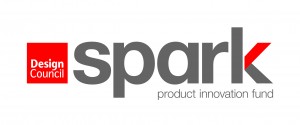
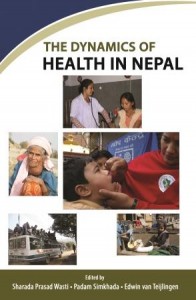
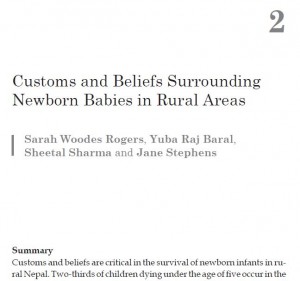










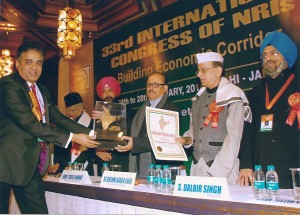

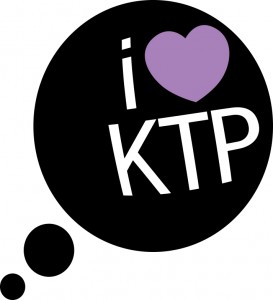

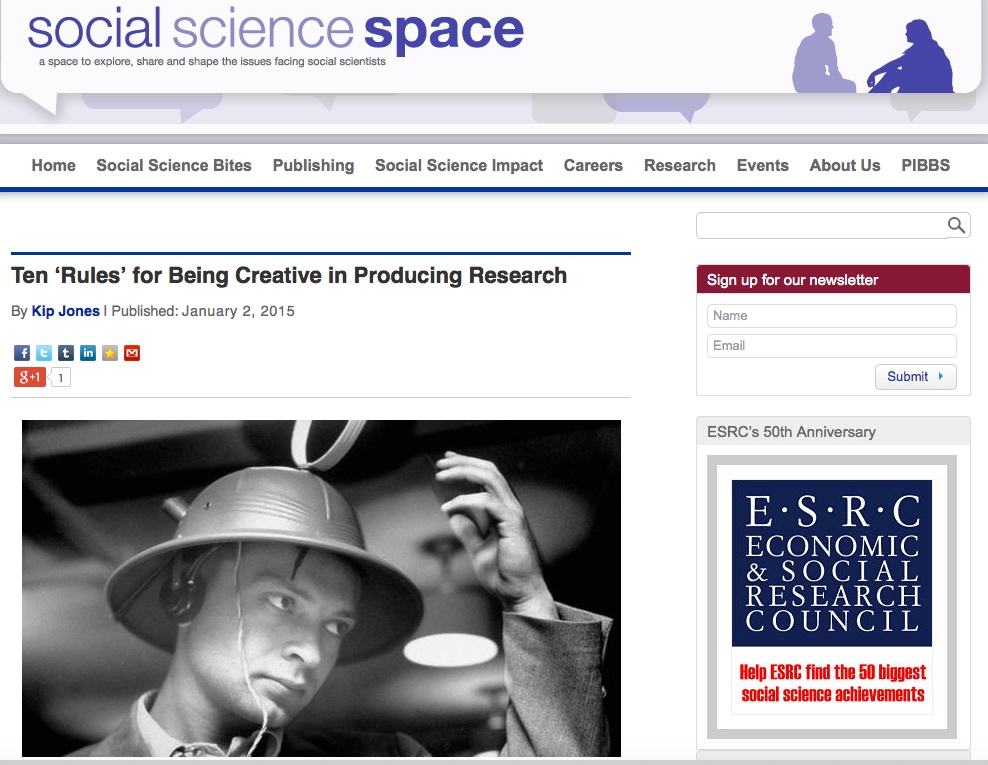











 Seeing the fruits of your labour in Bangladesh
Seeing the fruits of your labour in Bangladesh Exploring Embodied Research: Body Map Storytelling Workshop & Research Seminar
Exploring Embodied Research: Body Map Storytelling Workshop & Research Seminar Marking a Milestone: The Swash Channel Wreck Book Launch
Marking a Milestone: The Swash Channel Wreck Book Launch No access to BRIAN 5-6th February
No access to BRIAN 5-6th February ECR Funding Open Call: Research Culture & Community Grant – Application Deadline Friday 12 December
ECR Funding Open Call: Research Culture & Community Grant – Application Deadline Friday 12 December MSCA Postdoctoral Fellowships 2025 Call
MSCA Postdoctoral Fellowships 2025 Call ERC Advanced Grant 2025 Webinar
ERC Advanced Grant 2025 Webinar Update on UKRO services
Update on UKRO services European research project exploring use of ‘virtual twins’ to better manage metabolic associated fatty liver disease
European research project exploring use of ‘virtual twins’ to better manage metabolic associated fatty liver disease